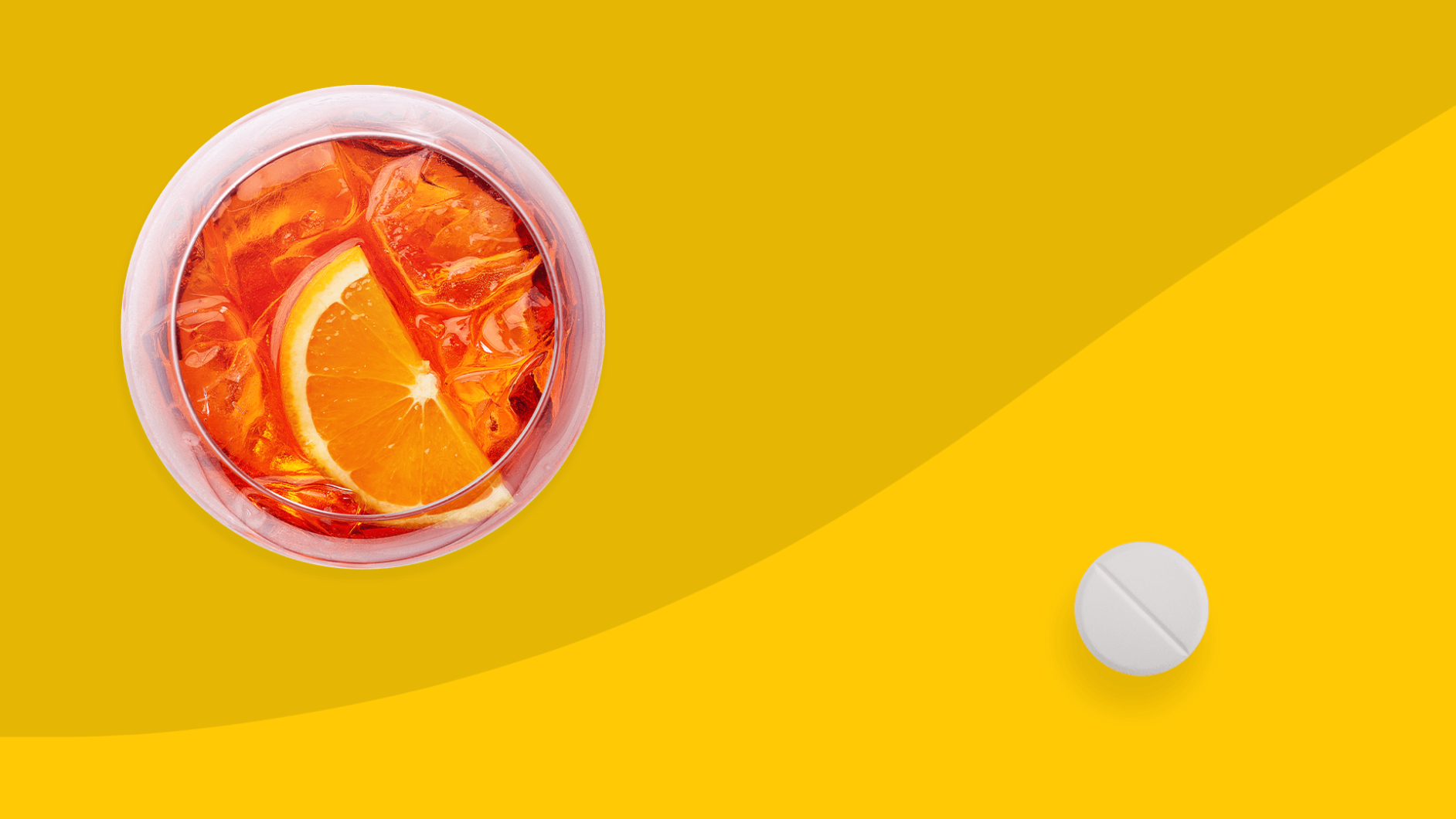Key takeaways
Mixing Latuda and alcohol can increase central nervous system depression, cause profound sedation, and impair psychomotor functions, making it dangerous to drive or operate machinery.
Latuda’s manufacturer advises against drinking alcohol while on the medication as it may exacerbate side effects. However, more specific information has not been detailed because people with a history of alcohol abuse were not included in clinical studies for this medication.
People who take another atypical antipsychotic or mood stabilizer, like Seroquel (quetiapine), Risperdal (risperidone), lithium, or Tegretol (carbamazepine), should also avoid alcohol due to increased impairment and side effects.
Alcohol can worsen symptoms of bipolar disorder. There is a high occurrence of alcohol use disorder among individuals with bipolar disorder, so experts recommend that people with this condition should avoid drinking alcohol.
You’ve just taken your daily dose of Latuda with dinner. As you settle into the couch to watch a movie with your family, your partner grabs you a beer from the fridge. As you’re about to pop the top off, you wonder, can I mix Latuda and alcohol? Is it safe to combine the two?
What is Latuda?
Latuda is an atypical antipsychotic medication. It is a second-generation antipsychotic. These Rx drugs are newer than the typical (first-generation) antipsychotic drugs—and cause fewer side effects. (First-generation antipsychotics can cause movement disorders, also known as extrapyramidal symptoms. These can include tremors, paranoia, anxiety, and involuntary muscle contractions.)
Latuda is indicated to treat:
- Adults and adolescents ages 13-17 years with schizophrenia
- Adults and children 10 years and older with bipolar depression (major depressive episodes associated with bipolar I disorder)
- Adults with bipolar depression (in combination with lithium or valproate)
Can you take Latuda with alcohol?
Latuda should be taken with food—specifically, a snack or small meal of at least 350 calories. But, can you wash that down with a glass of wine? No, unfortunately.
There is no information about the specific interaction between Latuda and alcohol use in the prescribing information because people with a history of alcohol abuse were not included in Latuda studies. However, the Latuda manufacturer website instructs people to avoid drinking alcohol because it may worsen the side effects of Latuda.
The combination of Latuda and alcohol can increase central nervous system (CNS) depression and respiratory depression. This means you could potentially have slowed breathing and profound sedation. The combination can also cause psychomotor impairment. Meaning, it’s dangerous to drive a car or operate machinery. It can also lower your blood pressure, even making you feel dizzy when you stand up, or cause fainting.
Can you drink alcohol with any other bipolar medications?
The prescribing information for Seroquel (quetiapine), another atypical antipsychotic medication, explains that the Rx drug made cognitive and motor impairments from alcohol worse in a clinical trial of subjects with selected psychotic disorders. Because of this effect, it’s recommended that you avoid alcoholic beverages while taking quetiapine.
The prescribing information for Risperdal (risperidone), another atypical antipsychotic, echoes this recommendation: “Given the primary CNS effects of risperidone,” the manufacturer says, “caution should be used when Risperdal is taken in combination with other centrally-acting drugs and alcohol.”
In other words, if you are taking an atypical antipsychotic for bipolar disorder, abstaining from alcohol is the safest way to go.
Can you drink alcohol while taking mood stabilizers?
Mood stabilizers, such as lithium or Tegretol (carbamazepine), should not be combined with alcohol. The combination of a mood stabilizer and alcohol can worsen symptoms and increase side effects like drowsiness and impairment.
Does alcohol make bipolar depression worse?
People with bipolar disorder should avoid alcohol, regardless of the medication they take. Alcohol can actually have a negative effect on the condition.
Alcohol addiction and bipolar disorder often occur together. Studies have shown that up to 43% of people with bipolar disorder have an alcohol use disorder at any given time. Drinking may seem like a relief when you’re suffering from symptoms of feeling out of control. Although alcohol may make you temporarily feel better, it can worsen symptoms—like mania or depression—in the future.
If you have bipolar disorder and have any questions about alcohol or mixing your medications with alcohol, consult your healthcare provider for professional medical advice.




